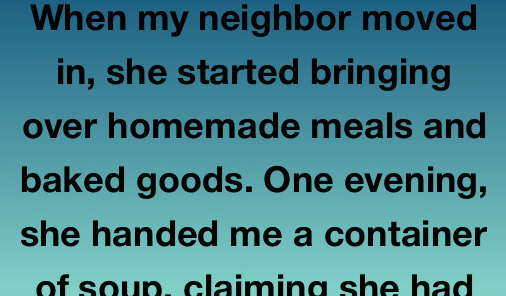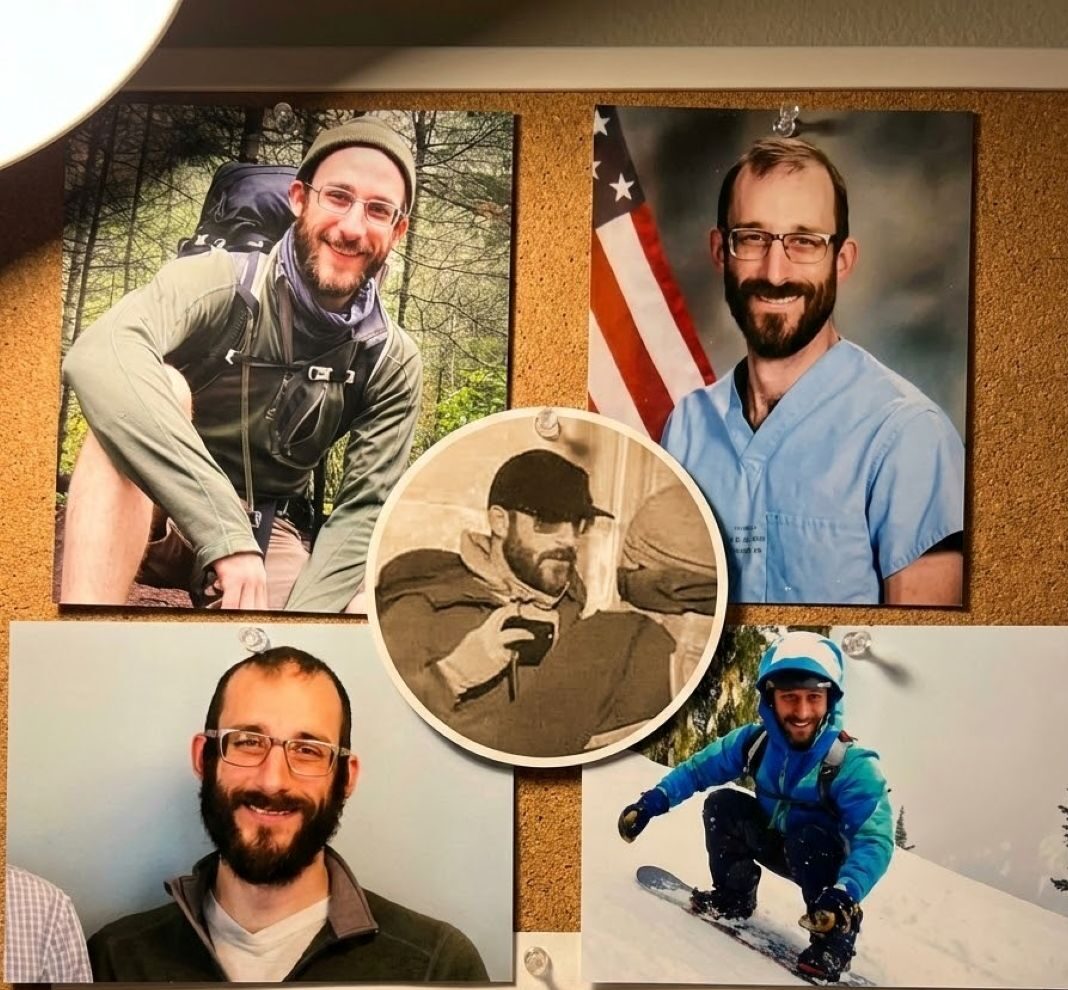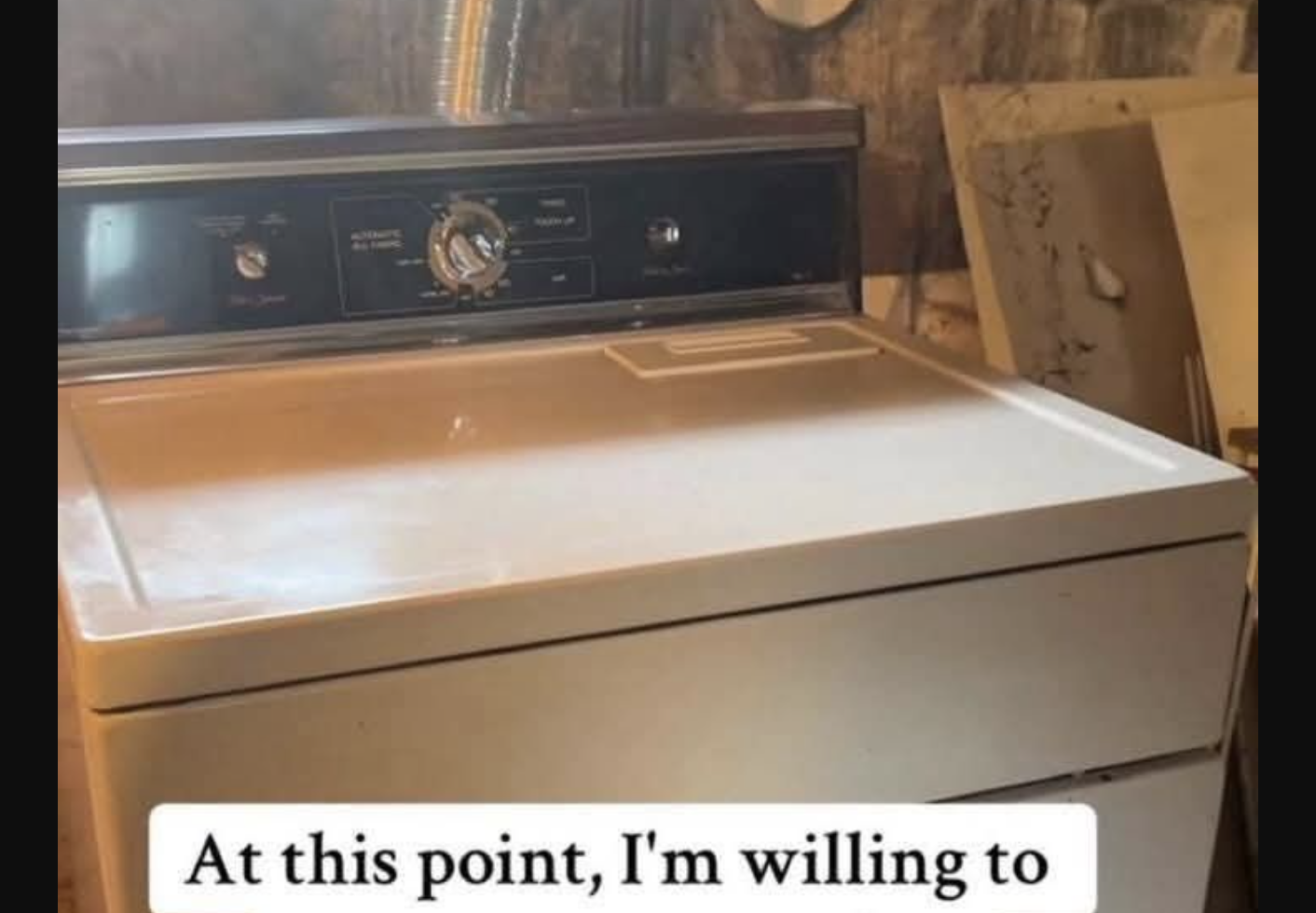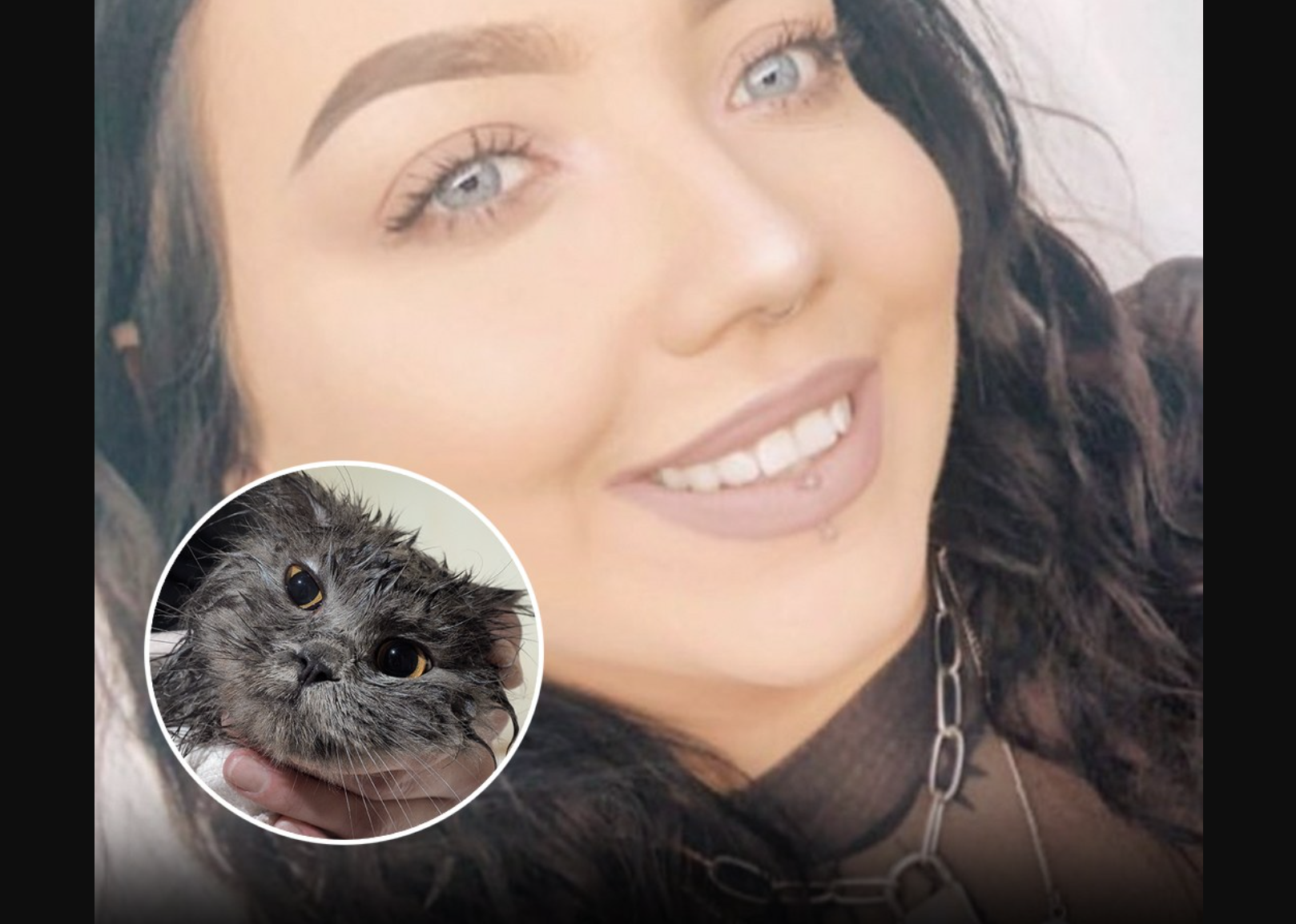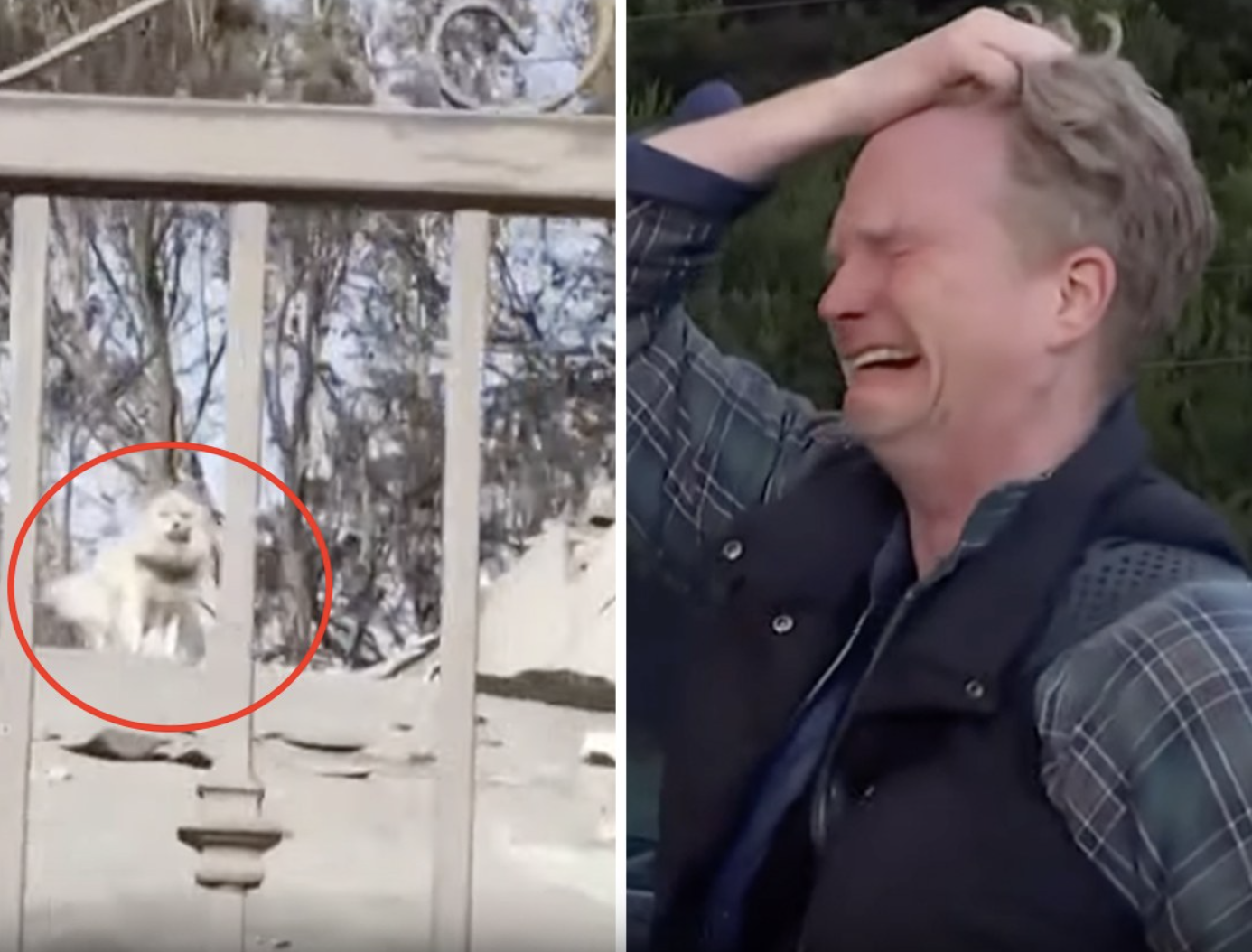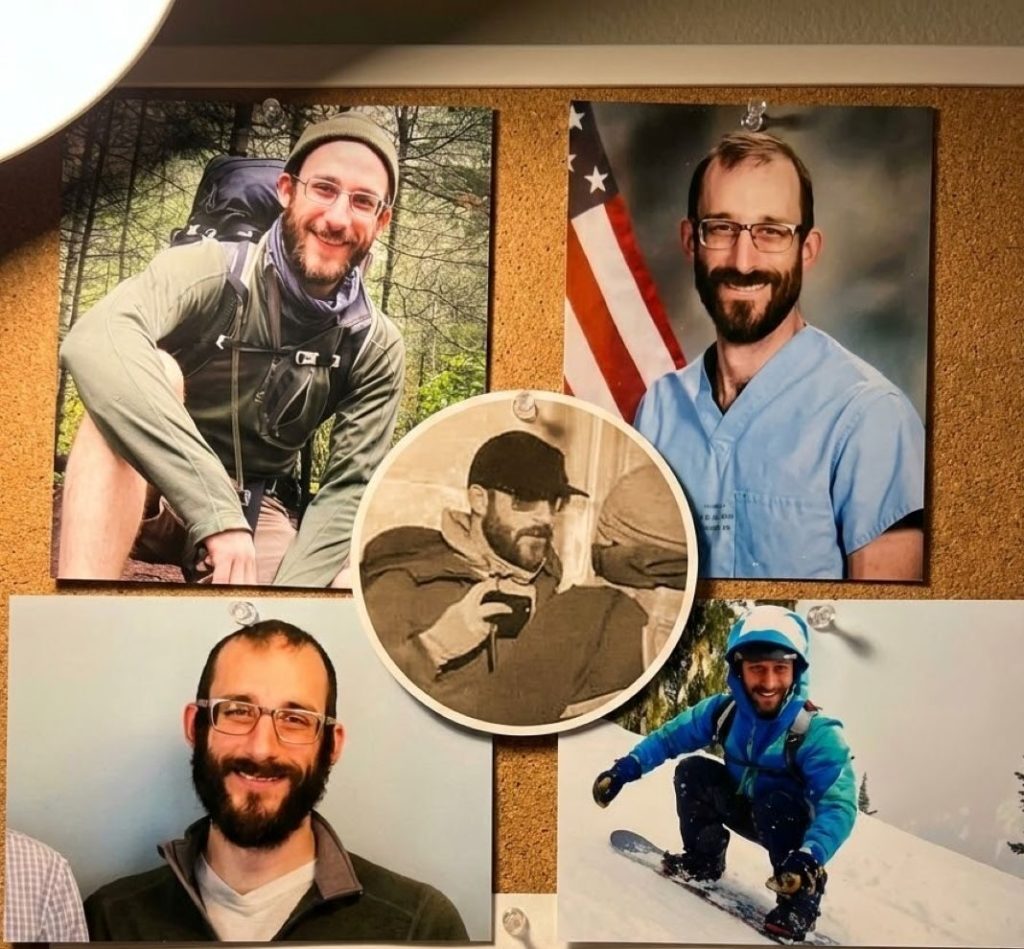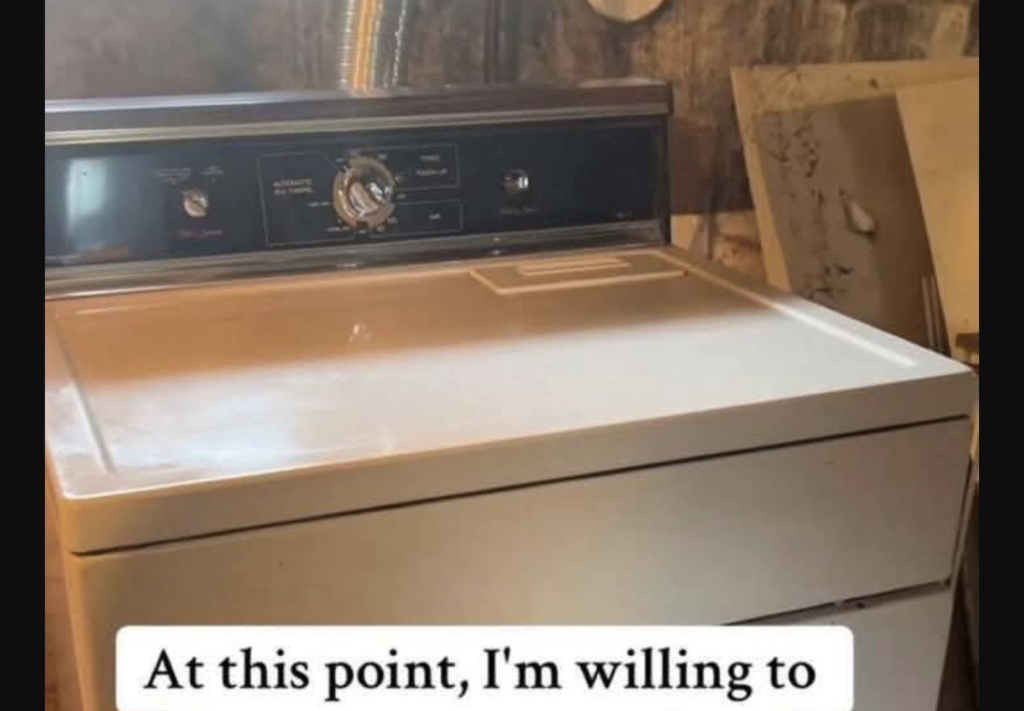When my new neighbor, Mirela, settled into the duplex across from mine, she began sharing homemade dishes and baked treats. One evening, she delivered a container of soup, explaining she’d prepared too much. I expressed gratitude and eagerly tried it, but the flavor seemed unusual. The following day, a peculiar aftertaste lingered in my mouth, not quite spoiled but oddly persistent.
Initially, I wondered if it was an unfamiliar spice or an odd broth choice. That evening, though, I felt dizzy and experienced a mild stomach discomfort. I dismissed it, attributing it to my sensitive digestion.
Mirela, a woman in her late 50s with graying curls and a soothing voice, had moved in just weeks before. Her smile radiated warmth, perhaps excessively so, which stirred a faint unease in me.
The day after the soup, she offered banana bread. Hesitant but polite, I accepted and took a small bite. The taste carried a strange metallic note. Though I didn’t fall ill, the flavor raised my suspicions further.
I discarded most of the banana bread but kept a small piece in a sealed bag, unsure why—perhaps as evidence, though of what, I couldn’t say.
As days passed, Mirela continued bringing gifts: chicken stew, apple turnovers, and a peculiar herbal tea she claimed promoted “cleansing.” I began declining, citing fasting, recent meals, or a supposed cinnamon allergy.
Her smile remained, but her eyes narrowed slightly each time I refused.
One evening, my friend Clara visited, staying over because her apartment was under fumigation. I neglected to mention my concerns about Mirela’s offerings.
Predictably, Mirela arrived with a basket of warm pastries.
Clara, ever courteous, exclaimed, “These smell incredible! Thank you!”
I stood there, momentarily paralyzed, unsure how to intervene. Clara took a bite, and my unease intensified.
That night, Clara felt dizzy and nauseous, attributing it to dehydration or the heat. I knew otherwise.
I confided everything to her.
“You think she’s poisoning you?” Clara asked, incredulous.
“I don’t know if it’s poison, but something’s wrong,” I replied. “Her food always leaves me feeling strange.”
“Why not confront her? Or go to the authorities?”
“What would I say? Her bread tastes odd?”
Sleep eluded me that night, my mind replaying every interaction with Mirela. She’d done nothing overtly malicious, yet something felt deeply amiss.
The next morning, I devised a plan. I gathered the uneaten food—soup, tea, and the saved banana bread—and sent it to a private lab I found online, requesting basic toxicology tests.
The cost was high, but clarity was worth it.
A week later, the lab called.
“We detected trace amounts of a sedative compound,” the technician said cautiously. “Small doses, not dangerous alone, but unusual in food.”
My heart stopped.
“What kind of sedative?”
“A benzodiazepine derivative. Repeated exposure could accumulate effects.”
My chest tightened. It was real.
I called Clara, who was stunned.
“So she’s been drugging you?” she asked.
“Apparently. But why?”
The question haunted me.
I reported it to the police, presenting the lab results and my story. They questioned Mirela, who responded with her usual calm smile. Without direct evidence of intent, they said their hands were tied.
I felt powerless.
But the next day, a note appeared under my door:
“Beware who you trust. She’s done this before.”
No name, no signature—just those chilling words.
I reread it, hands trembling.
When Mirela brought a tomato and basil tart, I probed gently. “What brought you to this town?” I asked.
Her smile wavered. “I wanted a quieter life. This place seemed serene.”
“Any family around?” I pressed.
“No,” she said quickly. “I prefer solitude.”
I accepted the tart but left it untouched.
That night, I began investigating. Using a photo from a community BBQ, I ran a reverse image search. After hours, I found it: an article from a decade ago, published in a small-town paper from another state.
The headline froze me: “Local Woman Suspected in Neighbors’ Mysterious Illnesses—No Charges Filed.”
The grainy photo showed Mirela, her curls and smile unmistakable.
The article described neighbors suffering unexplained fatigue, dizziness, and stomach issues over months. Suspicion pointed to her, but no proof emerged.
Her name was different then.
I printed the article and returned to the police.
This time, they acted, obtaining a warrant to search her home.
They uncovered jars of herbs laced with ground prescription meds, a notebook of recipes with dosages noted in the margins, and photos of neighbors from her past town, annotated with chilling details like “tea works slowly” or “needs stronger dose.”
My name appeared in a section of her notebook.
They arrested her.
Mirela had relocated every few years, adopting new identities, always charming, always generous, always leaving behind quietly ill neighbors.
Her motives remained unclear. Some theorized a need for control; others believed she thrived on being needed, offering aid to those she sickened.
She awaits trial, with substantial evidence against her.
After her arrest, the neighborhood felt brighter. We bonded more, hosting a block party with shared, safe food. Clara and I laughed, though the experience left us rattled.
A young couple moved into Mirela’s old place. I welcomed them with brownies, joking, “Just sugar, butter, and a touch of hard-earned caution.”
They laughed. “No weird ingredients?”
“None at all,” I assured.
Days after the arrest, another note arrived:
“Well done. She got what she deserved.”
Signed, Alina.
I posted Alina’s name online and connected with her. She was a former neighbor of Mirela’s from another town, the one who suspected her but lacked proof.
We spoke for hours. “I knew she’d do it again,” Alina said. “I’m glad you stopped her.”
She recounted her own ordeal—six months of worsening health, Mirela’s constant tea deliveries, and recovery only after refusing them. As a nurse, Alina recognized sedative symptoms too late, after Mirela had moved on.
“I should’ve pushed harder,” she said.
“But your warning helped me stop her,” I replied. “It all worked out.”
Months later, I’m still cautious when offered food, but mostly, I’m thankful—for my instincts, Clara, the lab, and that anonymous note.
The greatest lesson? Kindness is wonderful, but trust must be earned.
Not every smile carries goodwill, and not every warning signals paranoia.
Trust your gut. Ask questions. Be generous, but vigilant.
And if banana bread tastes metallic—discard it.
If this story stirred thoughts about trusting your instincts or the people around you, share it with someone who might appreciate the reminder.
